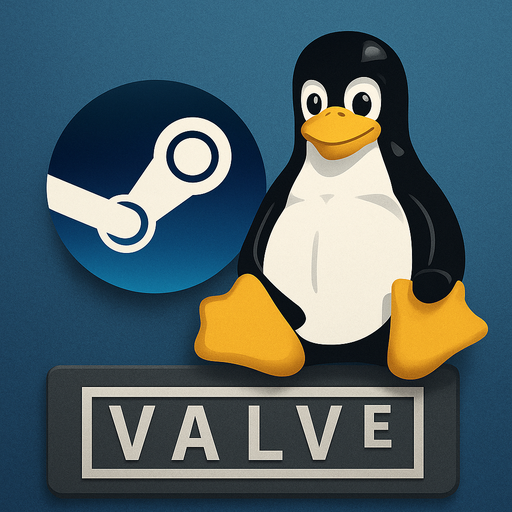Valve has made revolutionary changes to the Linux gaming ecosystem by enabling the Proton compatibility layer by default for all Windows games in Steam. This decision opens new horizons for Linux gamers.

G. Ostrov
Valve has made a significant breakthrough in Linux gaming by enabling Proton technology by default for all Windows games in its Steam client. This decision fundamentally changes the gaming landscape for users of Linux-based operating systems.
What is Proton and Why It Matters
Proton is a compatibility layer based on Wine that allows running Windows games on Linux without the need to install the Windows operating system. Before this update, users had to manually enable Proton for each game or use experimental settings.
Benefits for Gamers
Automatic Proton enablement means thousands of Windows games are now available to Linux users "out of the box". This removes one of the main barriers to switching to Linux - the limited library of native games.
Key advantages include:
- Extended compatibility with Windows games
- Simplified installation and launch process
- Improved performance thanks to Valve's optimizations
- Regular updates and compatibility fixes
Industry Impact
This decision could stimulate broader Linux adoption among gamers and developers. Valve continues to invest in the Linux ecosystem, especially after the success of Steam Deck, which runs on Valve's own Linux version.
Game developers can now count on their Windows games being available to Linux users without additional porting efforts.
Technical Aspects
Proton uses DirectX-to-Vulkan translation (DXVK) and other technologies to ensure high performance. Valve regularly updates Proton, adding support for new games and improving compatibility with existing titles.
Official Valve website: https://www.valvesoftware.com
If you encounter any problems, contact us, we'll help quickly and efficiently!




